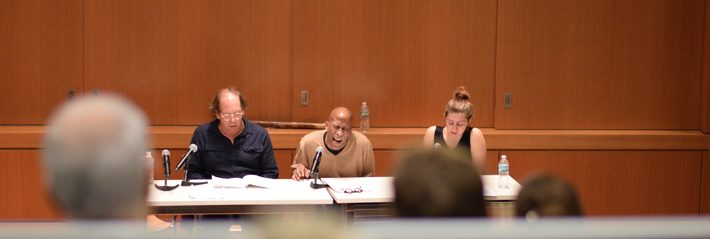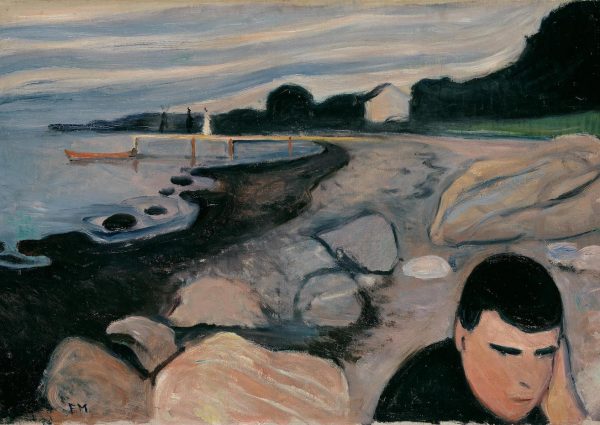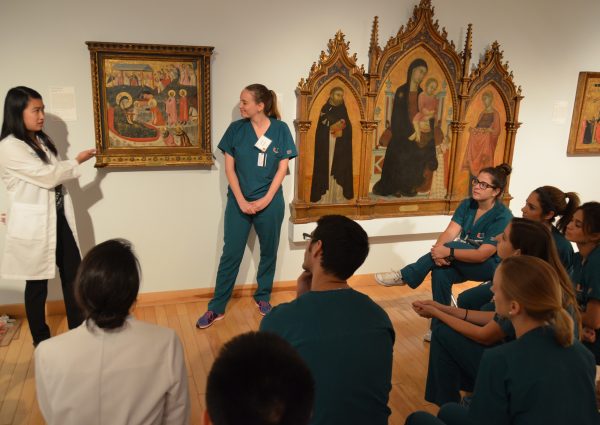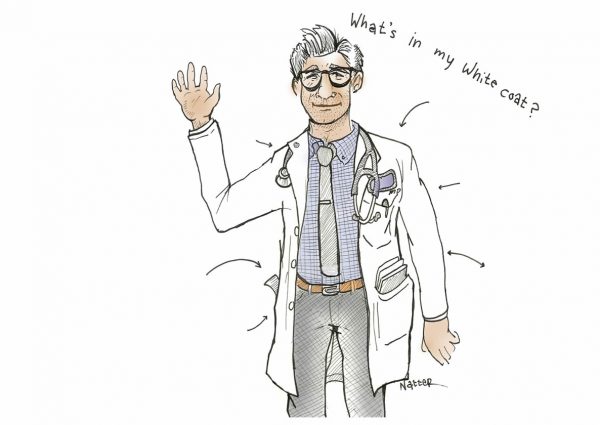By Stacy Bodziak
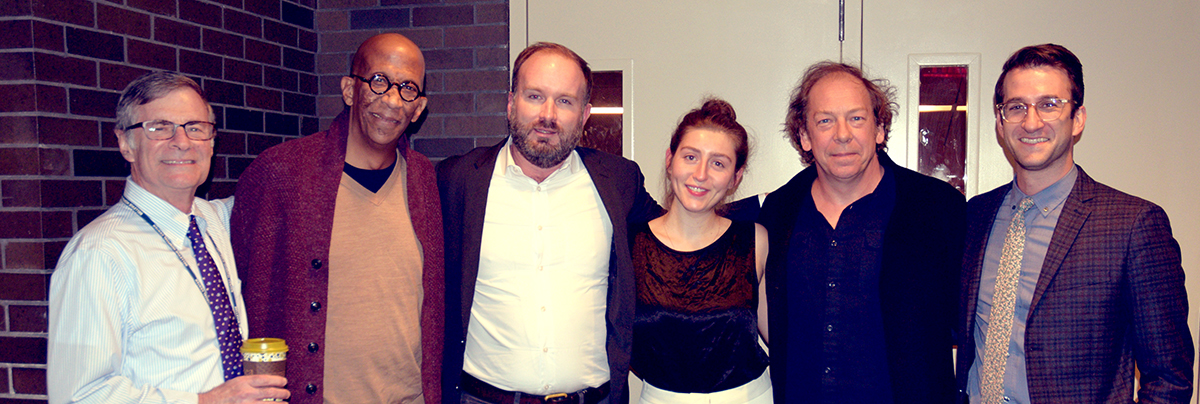
As agonized screams poured from the stage, it was evident to the audience that this was not a typical seminar.
On Thursday, October 26, Theater of War Productions brought an innovative and emotionally charged project to NYU Langone Health. In a performance entitled “End of Life,” actors drew the audience into a world of suffering patients and conflicted caregivers through readings of ancient Greek tragedies– Sophocles’ Philoctetes and Women of Trachis.
Led by Bryan Doerries, the project’s artistic director and New York City’s Public Artist in Residence, the evening opened with actors Reg E. Cathey (House of Cards), Bill Camp (The Night Of), and Marjolaine Goldsmith (Compromise) giving impassioned readings from the plays. The intensity of their performances filled the room, making words written more than 2,000 years ago feel relevant to contemporary medical issues.
As Doerries noted, the plays highlight the “fundamental fragility of human life . . . and the ability of the theater to bring us in contact with this essential truth.”
A panel of healthcare professionals and trainees from NYU Langone and Bellevue was on hand to help connect the readings to the realities of patient care. These panelists– Susan E. Cohen, MD, chief of the palliative care section at NYU School of Medicine and director of the palliative care program at Bellevue Hospital Center; Hope Drew, RN, senior staff nurse at Bellevue Hospital Center; Jennifer Blakemore, MD, reproductive endocrinology and infertility fellow; and Gabriel Redel-Traub, student at NYU School of Medicine–shared both personal reflections and experiences in their professional lives and medical education.
Bringing “End of Life” to NYU Langone was the brainchild of Spencer McClelland, MD, clinical assistant professor in the Department of Obstetrics and Gynecology, who first saw the performance as a medical student at Harvard University. Dr. McClelland also serves as faculty advisor of the house staff chapter of the Gold Humanism Honor Society at NYU School of Medicine, which co-sponsored the event along with the Division of Medical Humanities and the Master Scholars Program in Humanistic Medicine.
“I’ve found that our discussions about death and dying are very much defined by the context in which they happen, and that’s usually a clinical one,” said Dr. McClelland. “So the goal of this event was to put us all in a really unfamiliar setting and provoke a different conversation.”
As one audience member echoed, using theater to illustrate the ethical dilemmas involved in caring for the terminally ill helps us create “the language and voice to talk about these things.” The thoughtful discussion that followed the performances emphasized the importance of this dialogue among medical professionals, trainees, and the public.
And, as the evening wound down, Doerries acknowledged that the intensity of the readings, with prolonged scenes of the actors crying out for death to take them, is jarring for many attendees; he memorably noted that an “End of Life” performance can “comfort the afflicted and afflict the comfortable.” But having the audience collectively bear witness to depictions of pain created a safe space to talk about death and suffering, and showcased how art and medicine can blend seamlessly together.

